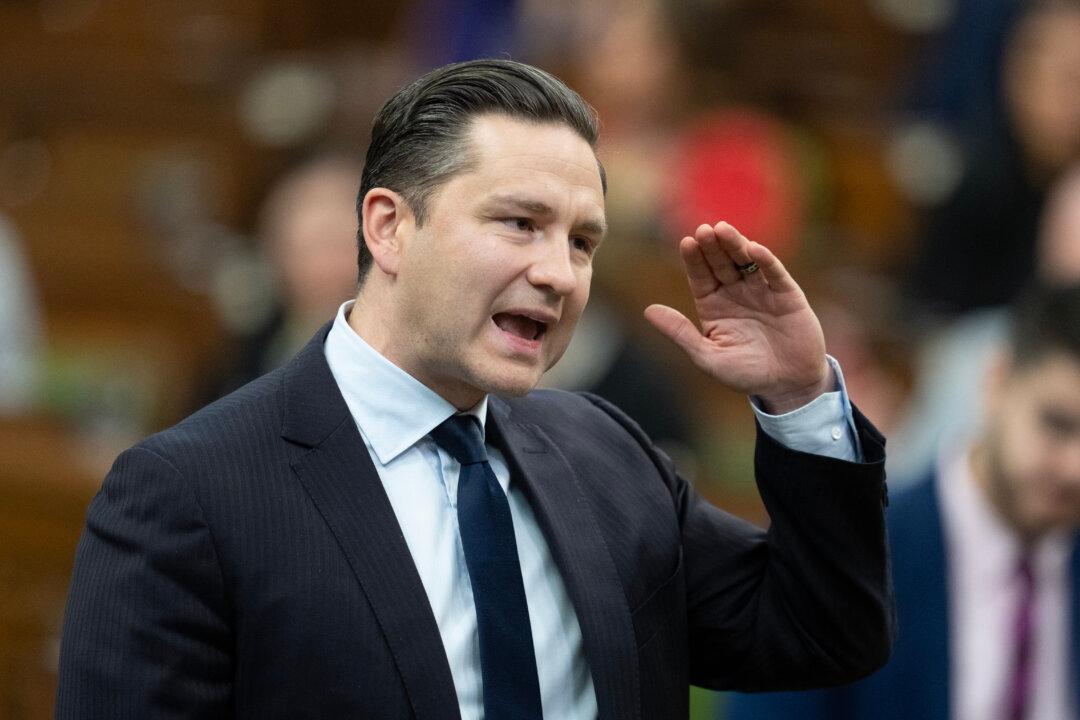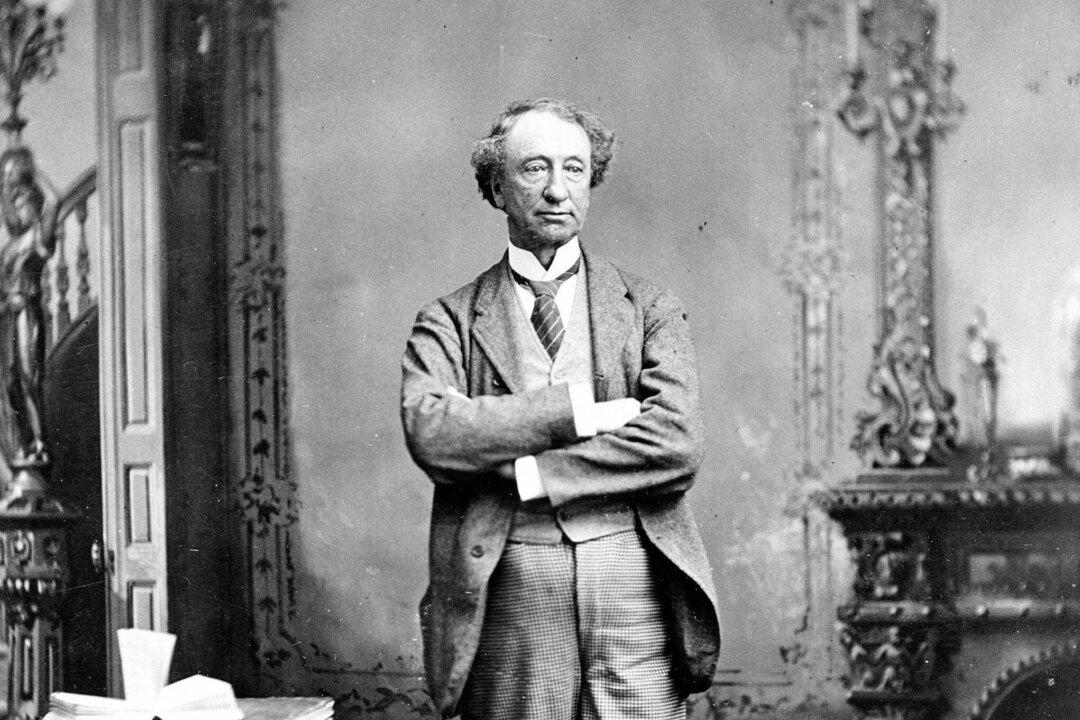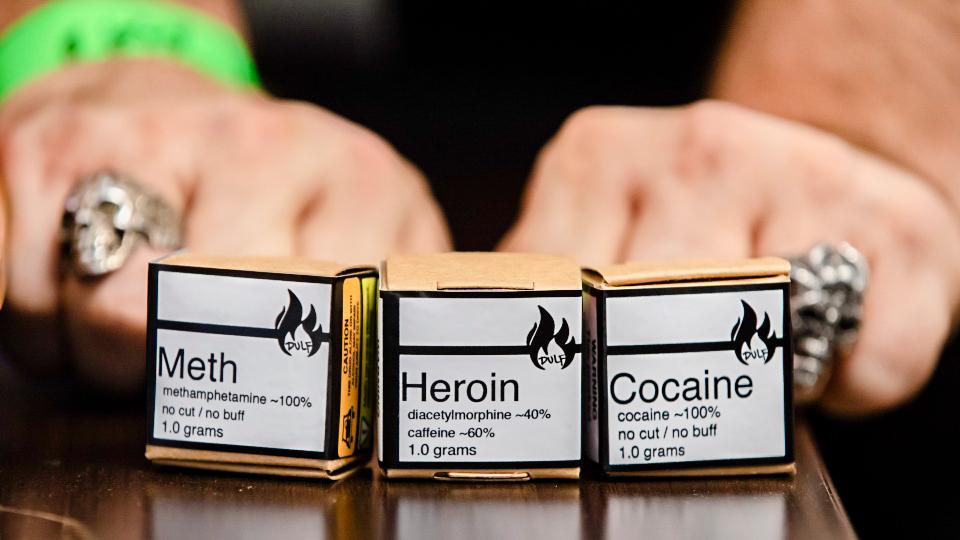Conservative Leader Pierre Poilievre has tabled a motion in the House of Commons calling on Prime Minister Justin Trudeau to reject requests from Montreal and Toronto to decriminalize illicit drugs.
The motion, introduced on May 9, also calls on the government to deny “any active or future requests from provinces, territories and municipalities” seeking federal approval to make hard drugs legal in their jurisdiction.





